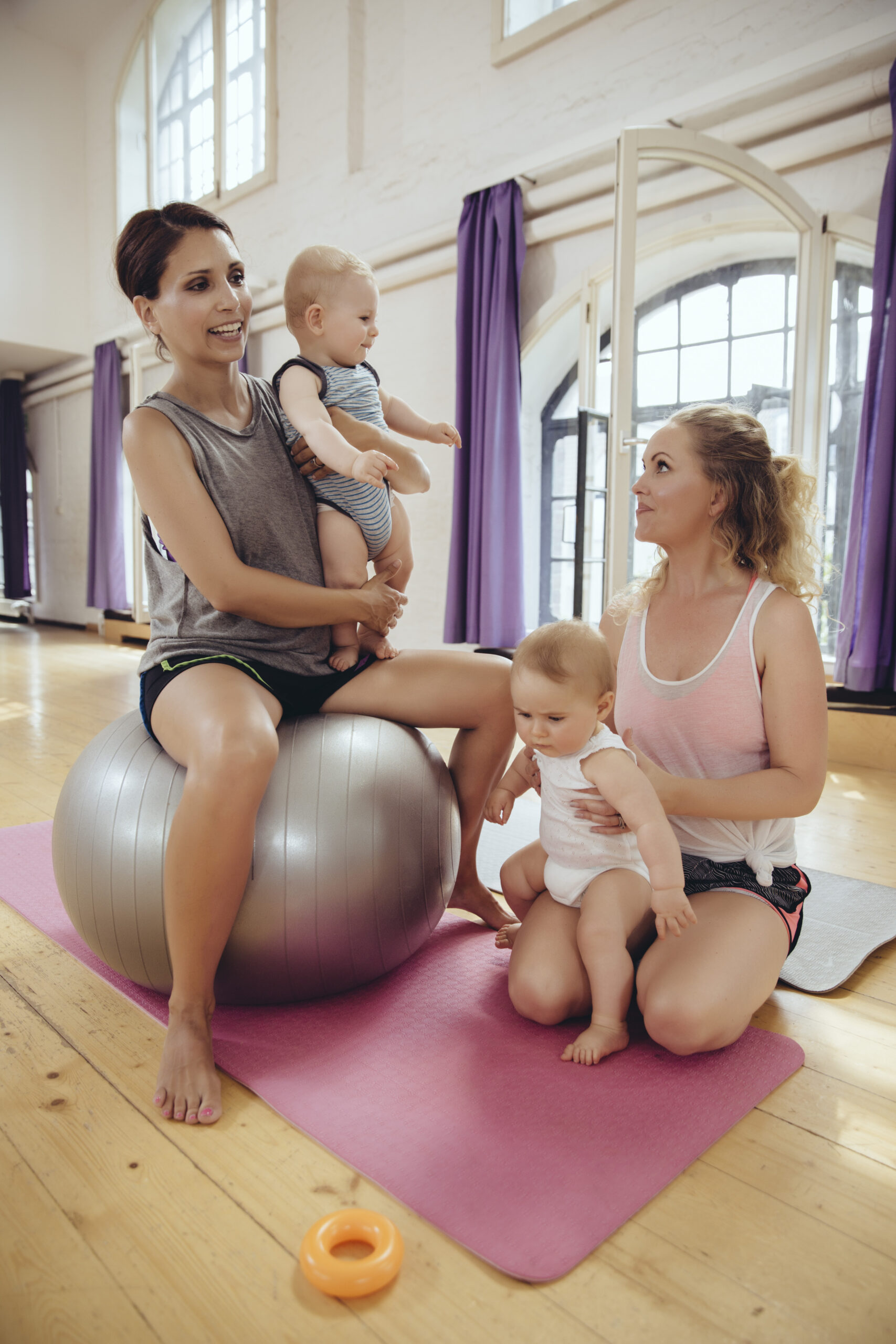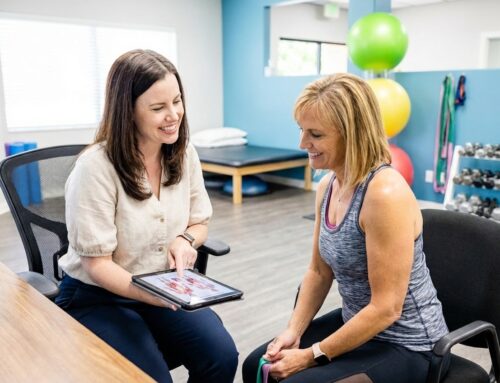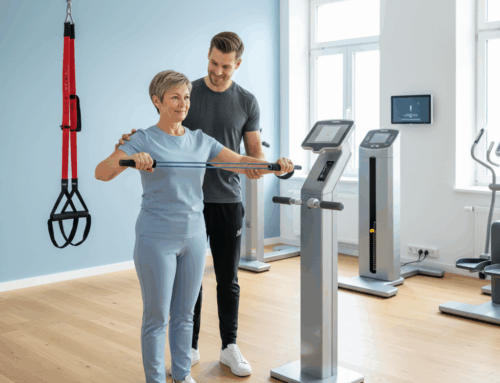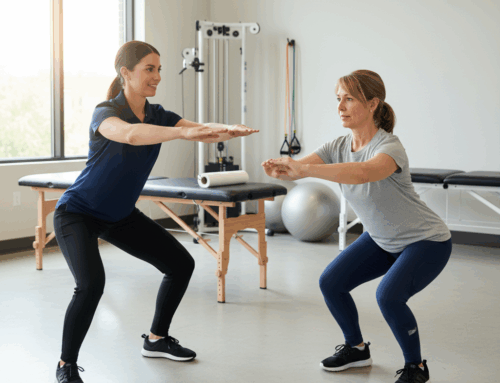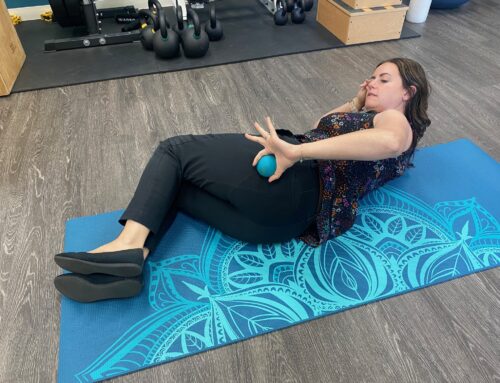Pregnancy and childbirth place significant strain on your core muscles, including the deep abdominal muscles, pelvic floor, and lower back. These muscles support your spine, maintain posture, and assist in daily movements. After delivery, it’s common for these muscles to be weakened or stretched, which can affect balance, stability, and even bladder control.
READ: Prenatal Physical Therapy: How to Prepare Your Body for a Stronger, Healthier Pregnancy
Rebuilding core strength after pregnancy is not just about aesthetics—it’s essential for restoring function, reducing pain, and preventing future injuries. At Battle Born Health in Reno, prenatal physical therapy focuses on safe, effective core rehabilitation tailored to the unique needs of postpartum women.
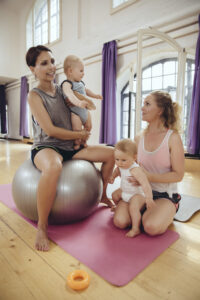 Common Core-Related Issues New Mothers Face
Common Core-Related Issues New Mothers Face
After pregnancy, many women experience core-related challenges such as:
- Diastasis Recti: A separation of the abdominal muscles that can cause a bulge or weakness in the midsection.
- Pelvic Floor Weakness: Leading to urinary incontinence or pelvic discomfort.
- Low Back Pain: Often due to weakened core support and postural changes during pregnancy.
- Postural Changes: Forward head posture, rounded shoulders, and swayback are common and can strain the core.
These issues can impact daily activities and quality of life if left unaddressed. Targeted physical therapy helps identify and correct these problems safely and effectively.
How Physical Therapy Supports Safe and Effective Core Rebuilding
Physical therapy is vital in guiding new mothers through a safe return to core strength. At Battle Born Health, our therapists conduct thorough assessments to evaluate muscle function, diastasis, and movement patterns. From there, they develop personalized programs that progress gradually to rebuild strength without causing strain.
Therapy focuses on:
- Activating deep core muscles such as the transverse abdominis
- Integrating pelvic floor strengthening for comprehensive core support
- Correcting posture and movement habits to reduce compensations
- Monitoring progress closely to adjust exercises as healing progresses
This structured approach ensures postpartum women regain core stability efficiently and reduce the risk of injury or discomfort.
READ: Prenatal Physical Therapy: How to Prepare Your Body for a Stronger, Healthier Pregnancy
Key Core Exercises for Postpartum Recovery
Starting with gentle, foundational exercises is crucial for postpartum core rebuilding. Here are some recommended movements often used at Battle Born Health:
- Pelvic Tilts: Lie on your back with knees bent, gently tilt your pelvis to engage your lower abdominal muscles. Hold for a few seconds and repeat.
- Diaphragmatic Breathing: Focus on deep breathing to engage the transverse abdominis and support pelvic floor activation.
- Modified Planks: Begin on your knees, keeping your back straight and core engaged to build stability without excessive strain.
- Bridges: Lie on your back with knees bent, lift your hips while squeezing your glutes and engaging your core.
These exercises lay the groundwork for more advanced movements as strength and control improve.
Why Choose Battle Born Health for Postpartum Physical Therapy in Reno
Battle Born Health offers compassionate, expert care tailored to the unique needs of postpartum women. Our team in Reno specializes in prenatal and postpartum physical therapy, combining evidence-based techniques with personalized support to help you regain strength and confidence.
READ: Beyond the Gym: How Physical Therapy Supports Full-Body Strength and Injury Resilience
From thorough assessments to customized exercise programs, we focus on whole-body wellness—addressing not only core strength but also posture, mobility, and overall function. With Battle Born Health, you get a partner dedicated to helping you navigate postpartum recovery safely and successfully.

